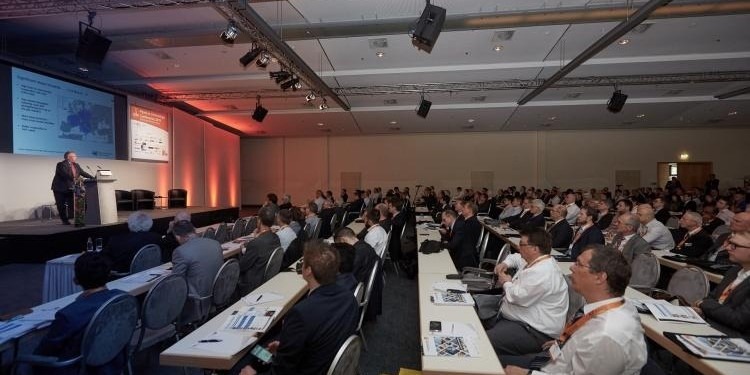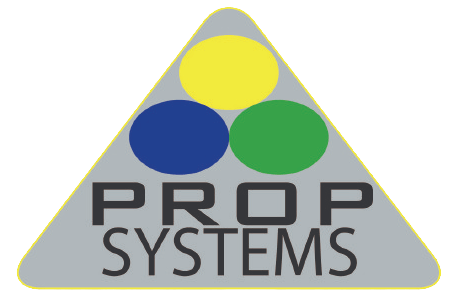On November 20th and 21st the Pipeline Safety Trust held its annual conference in New Orleans. Thanks for including the session which asked about the delays associated with replacing old pipes.
Predicting Ruptures on Operating Pipeline
- 651 Dauntless Pkwy, Elmont, NY 11003
- propsystems25@yahoo.com
- (877) 710-7926

2014 Pipeline Safety Trust
From November twentieth to 21st, the Pipeline Security Trust met its yearly meeting in the dynamic city of New Orleans. This essential occasion united industry specialists, partners, and figured pioneers to participate in conversations, share experiences, and investigate developments in the domain of pipeline wellbeing. Among the heap meetings that unfurled during this two-day gathering, an especially imperative conversation zeroed in on the steady difficulties and postponements related with the substitution of maturing pipelines.
The choice to have the gathering in New Orleans, a city wealthy in social legacy and representative of versatility, filled in as a fitting background for discussions that dug into the basic parts of pipeline security. The meeting tending to the intricacies encompassing the substitution of old lines arose as a point of convergence, revealing insight into the complex issues obstructing the opportune and effective recharging of maturing pipeline foundation.
The Pipeline Wellbeing Trust, known for its obligation to cultivating coordinated effort and advancing prescribed procedures in the business, organized a program that handled major problems confronting pipeline administrators, controllers, and the more extensive local area. The meeting devoted to the difficulties of supplanting old lines highlighted the criticalness and significance of tending to maturing foundation, which stances dangers to somewhere safe, the climate, and the general unwavering quality of pipeline frameworks.
The substitution of maturing pipelines is a mind boggling endeavor that requires cautious thought of different elements, including specialized, monetary, and administrative viewpoints. The meeting at the Pipeline Security Trust gathering dug into the subtleties of these difficulties, giving a stage to specialists to share encounters, experiences, and likely arrangements.
One of the essential issues examined during the meeting was the financial weight related with pipeline substitution. Numerous pipelines in help today were introduced many years prior, and their substitution requires significant monetary ventures. The monetary ramifications reach out past the genuine expense of new materials and development; they envelop the more extensive financial contemplations related with free time, administration interruptions, and the possible effect on neighborhood networks.
Members in the meeting accentuated the requirement for creative subsidizing models and monetary motivators to work with the speed increase of pipeline substitution projects. Government organizations, industry partners, and monetary establishments were urged to team up on creating systems that would ease the monetary weight on administrators while guaranteeing the wellbeing and unwavering quality of pipeline organizations.
Administrative obstacles arose as one more basic subject of conversation. The current administrative scene, intended to guarantee wellbeing and natural consistence, can unintentionally add to defers in pipeline substitution projects. Exploring through complex administrative cycles, acquiring essential endorsements, and meeting rigid consistence necessities were recognized as huge difficulties.
The meeting gave a stage to administrative specialists to draw in with industry delegates and investigate ways of smoothing out endorsement processes without compromising wellbeing principles. The point was to cultivate an administrative climate that empowers proactive pipeline substitution drives while keeping a powerful structure for oversight and responsibility.
Mechanical headways were additionally featured as key empowering agents in defeating difficulties related with maturing pipelines. Imaginative review and observing innovations, like high level sensors, drones, and man-made brainpower, were talked about as important instruments for surveying the state of maturing pipelines without the requirement for broad exhuming or administration disturbances.
The coordination of brilliant advances in pipeline the executives was recognized as an essential way to deal with improve the productivity of support and substitution exercises. By utilizing continuous information and prescient examination, administrators could focus on the substitution of areas inclined to disappointment, improving asset portion and limiting the effect on normal activities.
The human variable was not disregarded in the conversations. Labor force deficiencies and the requirement for specific abilities in pipeline substitution exercises were recognized as likely bottlenecks. The meeting worked with discussions on procedures to address labor force difficulties, including preparing programs, information move drives, and cooperation among industry and instructive foundations.
Natural contemplations assumed a critical part in the thoughts too. The mindful decommissioning and removal of old lines, frequently made out of materials that might present natural dangers, were perceived as vital parts of an economical pipeline substitution methodology. The meeting empowered the improvement of harmless to the ecosystem rehearses and the investigation of materials that are strong as well as naturally cognizant.
Local area commitment arose as a common topic all through the meeting. The substitution of maturing pipelines frequently includes broad development exercises in private and business regions. The resultant disturbances, commotion, and expected bothers for neighborhood networks can prompt obstruction and resistance to substitution projects.
To address this test, the meeting investigated methodologies for compelling correspondence and cooperation with networks. Straightforward correspondence, local area outreach programs, and the foundation of commonly advantageous organizations between pipeline administrators and neighborhood occupants were distinguished as fundamental components in exploring the social parts of pipeline substitution.
The meeting at the Pipeline Security Trust gathering likewise gave a discussion to contextual investigations and examples of overcoming adversity from administrators who have beaten difficulties related with supplanting maturing pipelines. These true models offered significant experiences into best practices, illustrations learned, and imaginative methodologies that have demonstrated effective in various settings.
One striking part of the conversations was the acknowledgment that there is nobody size-fits-all answer for the difficulties of pipeline substitution. The variety of pipeline frameworks, geographic areas, administrative systems, and local area elements requires a modified and versatile methodology. The meeting energized a cooperative outlook, encouraging industry members to share encounters and team up on creating procedures that can be customized to explicit conditions.
All in all, the meeting on the difficulties of supplanting old lines at the Pipeline Security Trust’s yearly gathering in New Orleans gave an exhaustive investigation of the intricacies related with maturing pipeline foundation. The conversations highlighted the requirement for a comprehensive methodology that includes monetary, administrative, mechanical, human, ecological, and local area related contemplations.
The meeting worked with a productive discourse among industry specialists, administrative specialists, and local area delegates, cultivating a cooperative soul pointed toward tracking down feasible answers for the difficulties within reach. The experiences created during the meeting add to the continuous endeavors to upgrade pipeline security, dependability, and supportability.
As the business keeps on wrestling with the basic of supplanting maturing pipelines, the information shared at occasions like the Pipeline Wellbeing Trust gathering fills in as an impetus for positive change. By on the whole tending to the difficulties and embracing creative arrangements, partners can prepare for a more secure, stronger, and feasible pipeline foundation that addresses the issues of the present and people in the future.
